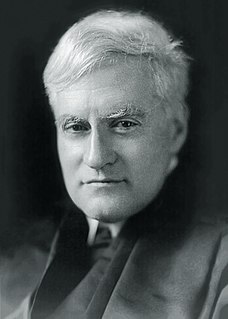A Quote by Gillian Anderson
When I think of normality I think of mediocrity
Quote Topics
Related Quotes
I was beginning to understand something about normality. Normality wasn't normal. It couldn't be. If normality were normal, everybody could leave it alone. They could sit back and let normality manifest itself. But people-and especially doctors- had doubts about normality. They weren't sure normality was up the job. And so they felt inclined to give it a boost.
For I think it is the case with genius that it is not when quiescent so very much above mediocrity as the difference between the two might lead us to think, but that it has the power and privilege of rising from that level to a height utterly far from mediocrity: in other words that its greatness is that it can be so great.
There are the those whose own vulgar normality is so apparent and stultifying that they strive to escape it. They affect flamboyant behaviour and claim originality according to the fashionable eccentricities of their time. They claim brains or talent or indifference to mores in desperate attempts to deny their own mediocrity.
There are those whose own vulgar normality is so apparent and stultifying that they strive to escape it. They affect flamboyant behaviour and claim originality according to the fashionable eccentricities of their time. They claim brains or talent or indifference to mores in desperate attempts to deny their own mediocrity.
I think art must be tough! I think art has to be hard. I don't think it should be easy. I think it should take foot-pounds of energy to produce that art, otherwise we would have more mediocre writers, and we don't have room for any more mediocrity in the world. There's already enough of it being visited on us night and day through the Internet, and through television, and through politics.

































